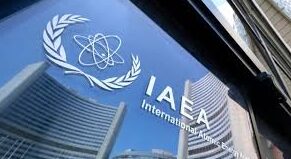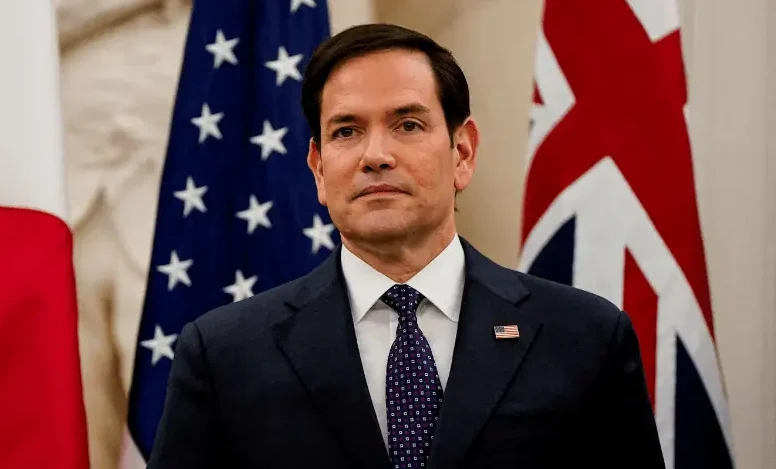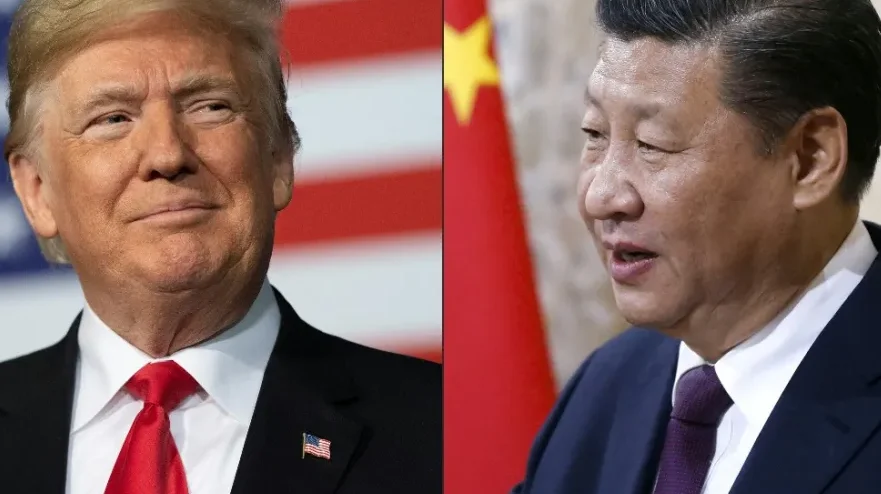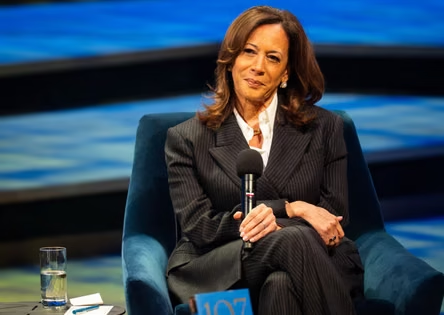Iran announced on Wednesday that while UN nuclear inspectors have returned to the country, this doesn’t mean full cooperation has resumed. The International Atomic Energy Agency (IAEA) team’s visit marks the first since Tehran halted all collaboration last month, following a series of attacks by Israel and the United States.
IAEA Director General Rafael Grossi confirmed the inspectors’ return to Iran, but Iran’s Foreign Minister Abbas Araghchi told state TV that “no final text has yet been approved on the new cooperation framework” and discussions are still ongoing.
This suspension of cooperation came after Israel’s unprecedented assault on June 13, targeting nuclear and military sites as well as residential areas, killing over 1,000 people. The US joined in by striking nuclear facilities at Fordo, Isfahan, and Natanz. Iran responded with missile and drone strikes that killed dozens in Israel, though a ceasefire has been in place since June 24.
After the attacks, Iran accused the IAEA of failing to condemn Israel and the US, leading Tehran to suspend coordination with the agency. Under that suspension, inspectors can only access Iranian nuclear sites with approval from the Supreme National Security Council, Iran’s top security authority. Tehran insists future cooperation will take on “a new form.”
Behrouz Kamalvandi, spokesperson for Iran’s Atomic Energy Organization, said the inspectors will monitor fuel replacement at the Bushehr nuclear power plant in southwestern Iran. However, he didn’t clarify if they will have access to other sites damaged during the conflict, like Fordo and Natanz.
In a recent Fox News interview, Grossi said talks with Iran continue on practical steps to help restart the IAEA’s work on the ground.
The inspectors’ return followed a meeting in Geneva on Tuesday between Iranian diplomats and officials from Britain, France, and Germany. This was the second round of talks since the attacks, focusing partly on European plans to reimpose UN sanctions on Iran before they’re set to be lifted in mid-October.
The deadline to trigger the so-called “snapback mechanism” of the now-dormant 2015 nuclear deal is October 18. This measure could reinstate sanctions if Iran is found violating the deal.
Back in July, the European powers suggested extending the snapback deadline if Iran resumed talks with the US and cooperation with the IAEA. Iran rejected this, claiming it’s working with allies China and Russia to block any renewed sanctions.
On Tuesday, Russia proposed a new UN Security Council draft to delay the snapback deadline by six months, until April 18 next year. Unlike previous attempts, this proposal doesn’t include conditions. Russian Deputy UN Ambassador Dmitry Polyanskiy said their “second version” aims to “give more breathing space for diplomacy,” calling it a “litmus test” to see which parties really want a diplomatic solution and which are pushing nationalist agendas against Iran.






